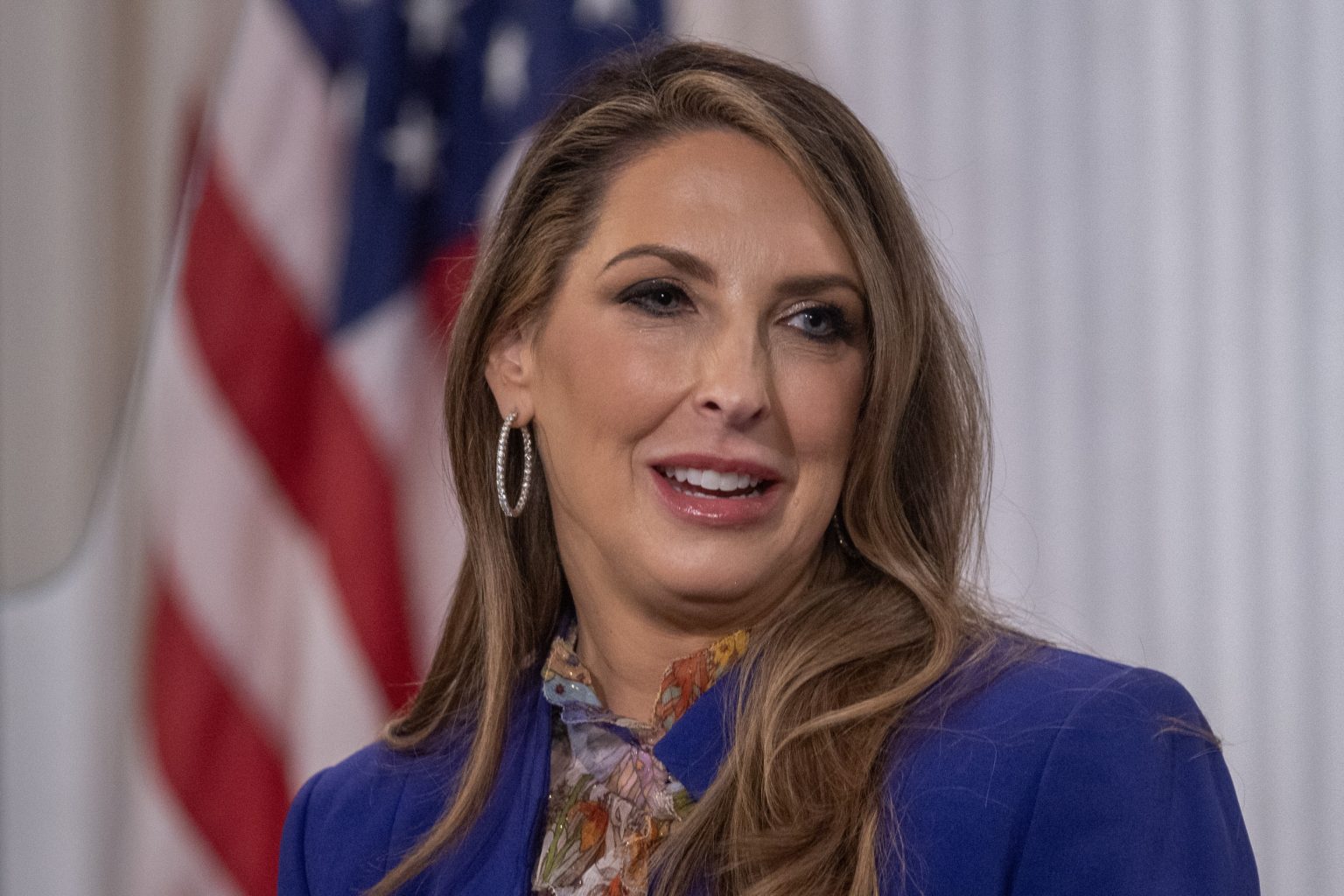NBC News faced backlash for hiring former RNC chairwoman Ronna McDaniel as a political analyst ahead of the November presidential election. Several high-profile MSNBC hosts, including Rachel Maddow and Joe Scarborough, expressed strong disapproval of the decision. McDaniel had left her position at the RNC earlier this month at the request of former President Donald Trump. After just days of announcing her hiring, NBC News reversed its decision following the backlash from on-air personalities.
The network’s decision to drop McDaniel was met with mixed reactions, with some praising the reversal as a response to valid concerns about bias and conflicts of interest, while others criticized it as caving to pressure from liberal commentators. Critics argued that NBC News should prioritize diversity of opinion rather than censoring voices based on political affiliations. The situation highlighted the challenges faced by media organizations in balancing objectivity and inclusivity in their programming decisions.
Some observers pointed out the ongoing debate over media bias and the role of journalists in shaping public opinion. The controversy surrounding McDaniel’s hiring reflected broader concerns about the influence of political partisanship on news coverage and the need for transparency in media organizations. As viewers increasingly look for diverse perspectives and alternative sources of information, mainstream media outlets grapple with the delicate task of maintaining credibility and relevance in a polarized media landscape.
NBC News’ handling of the situation raised questions about journalistic integrity and the influence of external pressures on editorial decisions. While media organizations strive to provide fair and balanced reporting, the incident involving McDaniel underscored the complexities of navigating political tensions and public perceptions. As the industry continues to evolve in the digital age, journalists and news organizations face increasing scrutiny and scrutiny over their practices and values.
The controversy surrounding McDaniel’s hiring also shed light on the changing dynamics of media consumption and audience engagement. With the rise of social media and digital platforms, individuals have more opportunities to express their opinions and hold media outlets accountable. The swift reaction to McDaniel’s hiring demonstrated the power of public backlash in shaping media narratives and influencing organizational policies.
In conclusion, the backlash against NBC News for hiring Ronna McDaniel as a political analyst underscores the challenges faced by media organizations in balancing objectivity and inclusivity. The incident highlights broader concerns about media bias, journalistic integrity, and the evolving dynamics of audience engagement in a polarized media landscape. As news outlets strive to maintain credibility and relevance in the digital age, they must navigate political tensions and public scrutiny while upholding their values of transparency and diversity of opinion.


